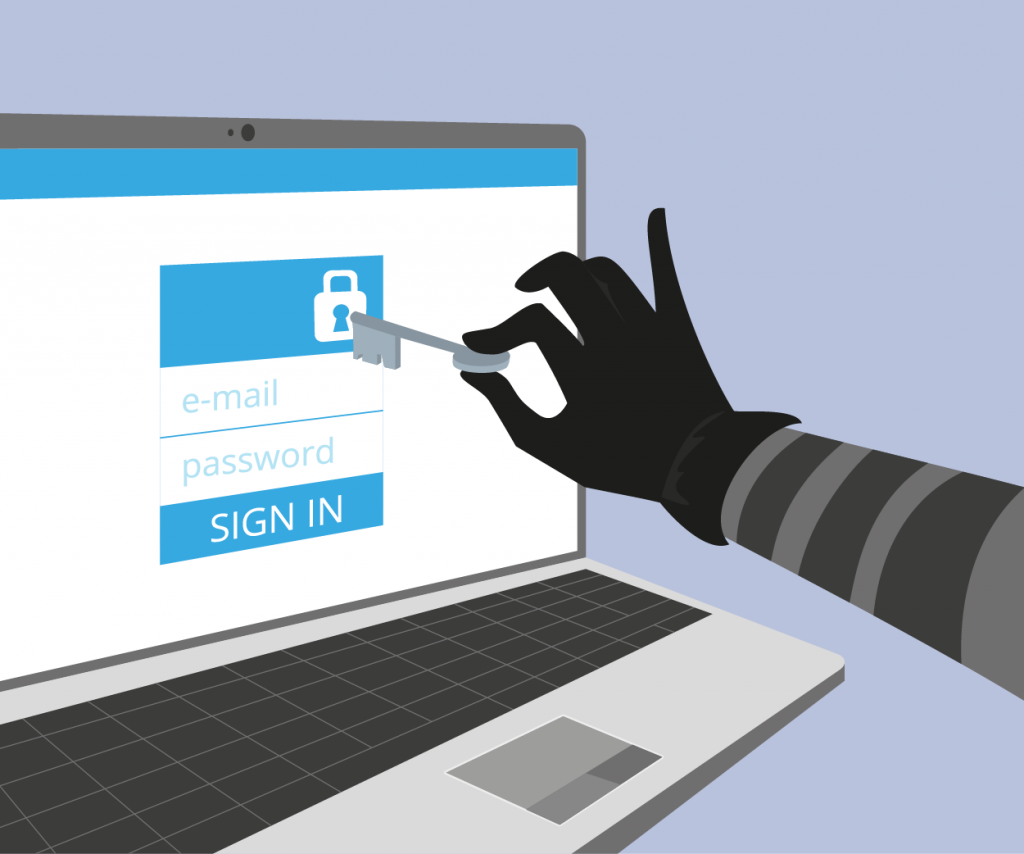Fraud Prevention Tips Every E-Commerce Merchant Should Know

Since last year, the average number of monthly fraud attempts has spiked by 33 percent, with just under half (46 percent) getting past merchants’ fraud mitigation efforts (2016 LexisNexis True Cost of Fraud Study).
This amount soared as fraudsters refocused their efforts on e-commerce enterprises since the implementation of EMV chip technology makes brick-and-mortar store transactions more secure. Unfortunately, as fraud prevention methods get more sophisticated, so do the fraudsters. Below are some tips to help you secure your e-commerce transactions.
• Inspect phone orders carefully.
Fraudsters will try their best to circumvent existing fraud prevention solutions and look for an alternate entry. With some businesses, that door is phone orders. With phone orders, data points such as IP address and Device ID used to screen for fraud, are unavailable. If accepting phone orders is imperative, customer service teams should be trained effectively and be aware that phone orders pose a high risk for fraud, and alternate screening methods should be put into place. Making sure that the AVS & CVV are verified before putting through the order and recognizing suspicious activity – such as various failed card attempts – can be helpful in thwarting off fraudsters.
• Watch out for the address reroute.
Another tactic utilized by fraudsters to circumvent an e-commerce company's fraud prevention solution is by changing the shipping address after the transaction has been screened for fraud and approved. This is done by either calling up customer service or asking them to make the change once an order approval goes through. An alternate method is to contact the shipper with the same request.
How can an e-commerce merchant be protected against this type of fraud? There are two ways. Firstly, train your customer service reps to request the customer cancel the order and place a new one, should they request that the shipping address be changed. Secondly, confirm with your shipping carrier that they have firm rules in place that do not allow for address changes.
• Beware of orders with expedited shipping - especially when billing and shipping addresses don’t match.
While there are many reasons a customer may ship an item to another location, when the address mismatch is coupled with expedited shipping, it raises the likelihood that the card was stolen and the thief is trying to make a purchase and receive the goods before the cardholder discovers the theft and contacts their bank.
• Orders from high-risk countries should be carefully vetted.
Accepting these transactions can be tricky. Because of the high risk associated with certain countries, many merchants don’t accept international orders at all. Although the concern of it being a threat to your business is real, there are many legitimate customers abroad that you may be blocking. By implementing an advanced fraud prevention solution you can expand your business internationally without the worry. Advanced layered fraud prevention solutions can detect the smallest subtleties in international orders and weed out the bad orders from the good.
Source: Shoshanah Posner, NoFraud, posted in Website Magazine


